Your cart is currently empty!

Understanding SEER Ratings and Why They Matter
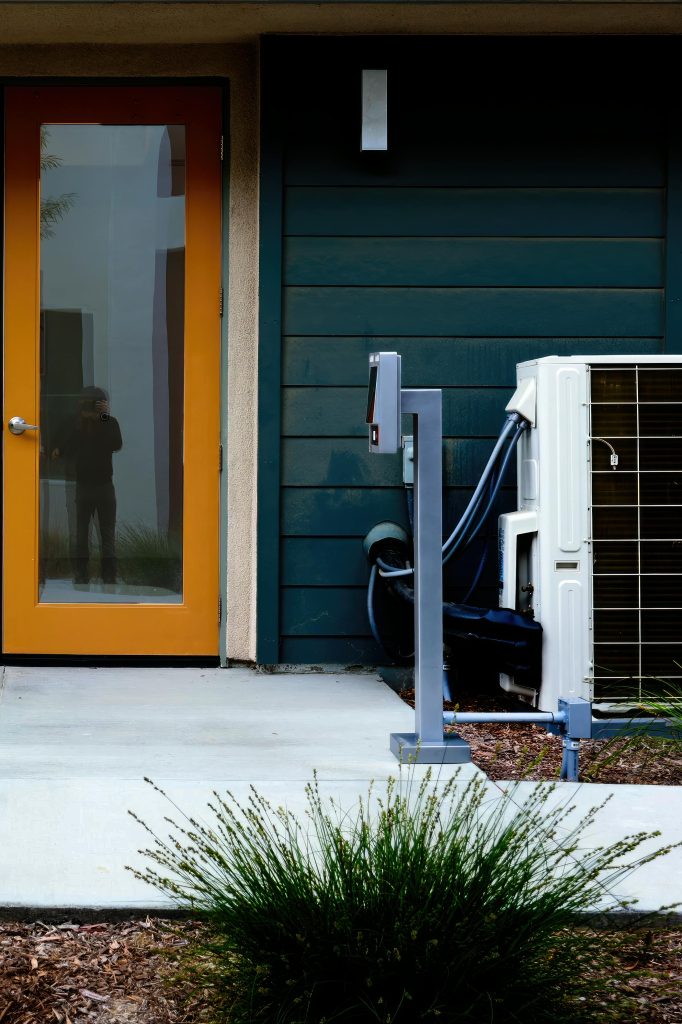
When it comes to selecting a new air conditioning system, understanding SEER ratings is crucial for making an informed decision. SEER, which stands for Seasonal Energy Efficiency Ratio, is a measure of an air conditioner’s cooling efficiency. The higher the SEER rating, the more energy-efficient the unit. Here’s an in-depth look at SEER ratings and why they matter.
What is a SEER Rating?
The SEER rating of an air conditioning unit is calculated by dividing the cooling output (measured in BTUs) during a typical cooling season by the total electric energy input (measured in watt-hours) consumed during the same period. In simpler terms, it measures the amount of cooling produced per unit of energy consumed.
For example, if an air conditioner has a SEER rating of 16, it produces 16 BTUs of cooling for every watt-hour of electricity it consumes. The SEER rating is a seasonal measure, reflecting the unit’s efficiency over an entire cooling season, rather than at a single operating condition.
Why SEER Ratings Matter
Energy Efficiency
One of the primary reasons SEER ratings matter is because they indicate the energy efficiency of an air conditioning unit. Higher SEER ratings generally mean lower energy consumption, which translates to lower utility bills. An air conditioner with a higher SEER rating can provide the same level of cooling as a unit with a lower SEER rating but uses less electricity to do so.
Cost Savings
While units with higher SEER ratings often come with a higher initial price tag, the energy savings over the life of the unit can more than offset the higher upfront cost. For homeowners in Jackson, MS, where air conditioning is essential during the hot months, investing in a higher SEER unit can result in significant savings on energy bills.
Environmental Impact
Using an air conditioner with a higher SEER rating reduces energy consumption, which in turn decreases the demand for electricity from power plants. This reduction in energy demand can lead to lower greenhouse gas emissions and a smaller carbon footprint, contributing to environmental conservation.
Improved Comfort
Higher SEER units typically incorporate advanced features such as variable speed fans and compressors, which allow for more precise temperature control and consistent cooling. These features can improve overall comfort by maintaining more stable indoor temperatures and reducing humidity levels.
Understanding SEER Rating Ranges
**Minimum SEER Rating** The minimum SEER rating for new air conditioning units in the United States varies by region due to different climate conditions. As of 2023, the minimum SEER rating for air conditioners in the Southern region, including Jackson, MS, is 14. In the Northern region, the minimum is 13.
**Mid-Range SEER Ratings** Units with SEER ratings between 14 and 18 are considered mid-range. These units offer a good balance between cost and efficiency, providing significant energy savings without the higher upfront cost of the highest-rated units.
**High SEER Ratings** Units with SEER ratings of 18 and above are considered high-efficiency models. These units are the most energy-efficient and can provide substantial savings on energy bills, but they come with a higher initial investment.
Choosing the Right SEER Rating
When selecting an air conditioning unit, it’s important to consider not only the SEER rating but also your specific cooling needs, budget, and the climate in Jackson, MS. Here are some tips to help you choose the right SEER rating:
1. Assess Your Cooling Needs- Consider the size of your home, the number of occupants, and your typical cooling usage. Larger homes or homes with high cooling demands may benefit more from higher SEER units.
2. Evaluate Your Budget- While higher SEER units offer long-term savings, they come with a higher upfront cost. Determine your budget and weigh the initial investment against potential energy savings over time.
3. Consider Local Climate- In hotter climates like Jackson, MS, where air conditioning is used extensively, investing in a higher SEER unit can result in greater energy savings compared to cooler climates.
4. Consult with a Professional- HVAC professionals can perform a load calculation to determine the appropriate unit size and SEER rating for your home. They can also provide insights into the best models and features to meet your needs and budget.
Understanding SEER ratings is essential for making an informed decision when upgrading your air conditioning system. Higher SEER ratings indicate greater energy efficiency, leading to lower energy bills, reduced environmental impact, and improved comfort. By assessing your cooling needs, budget, and the local climate, you can choose the right SEER rating for your home and enjoy the benefits of an efficient and effective cooling system. For homeowners in Jackson, MS, consulting with a professional HVAC contractor can help ensure you select the best unit to meet your needs and maximize your investment.



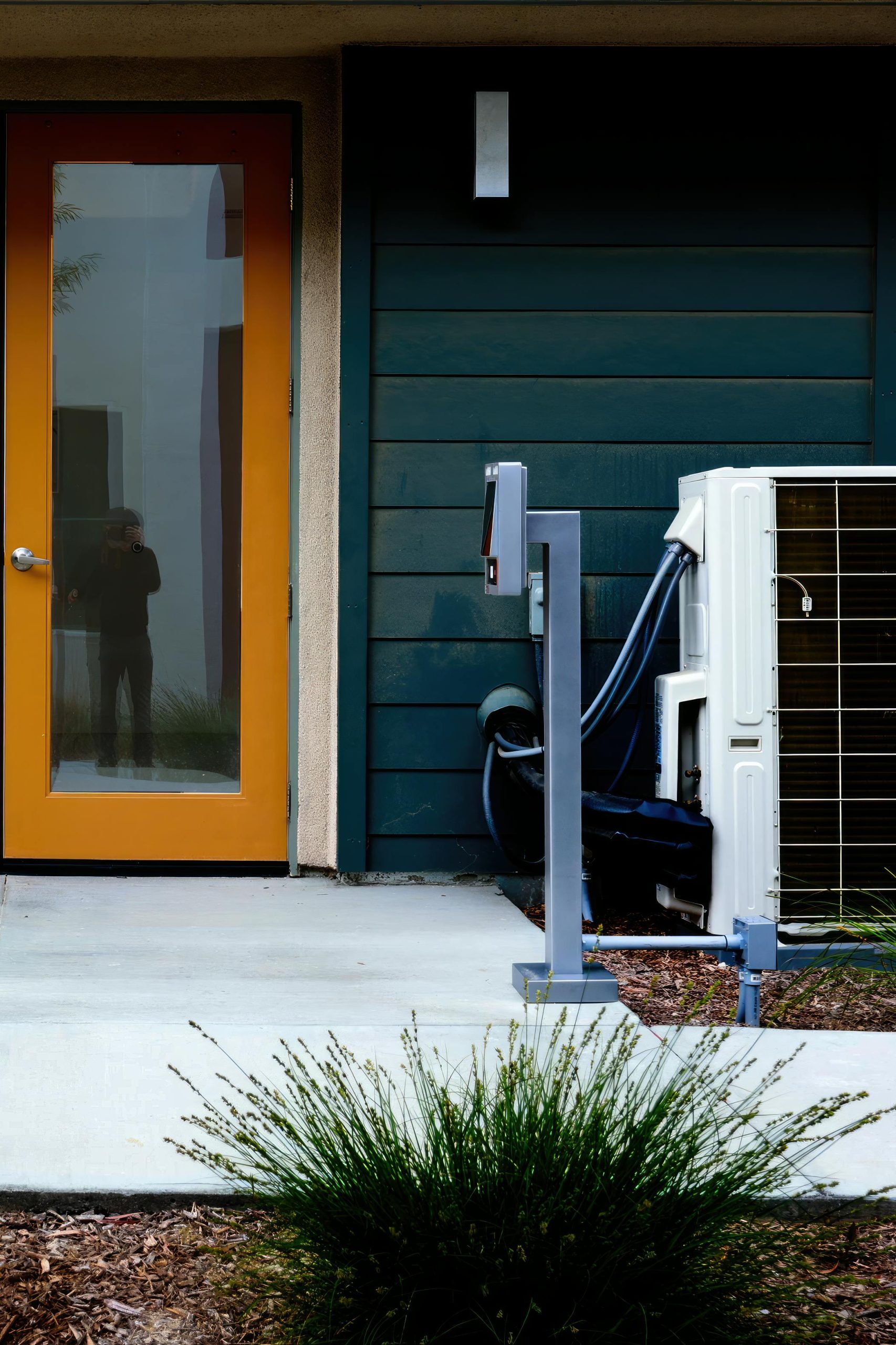
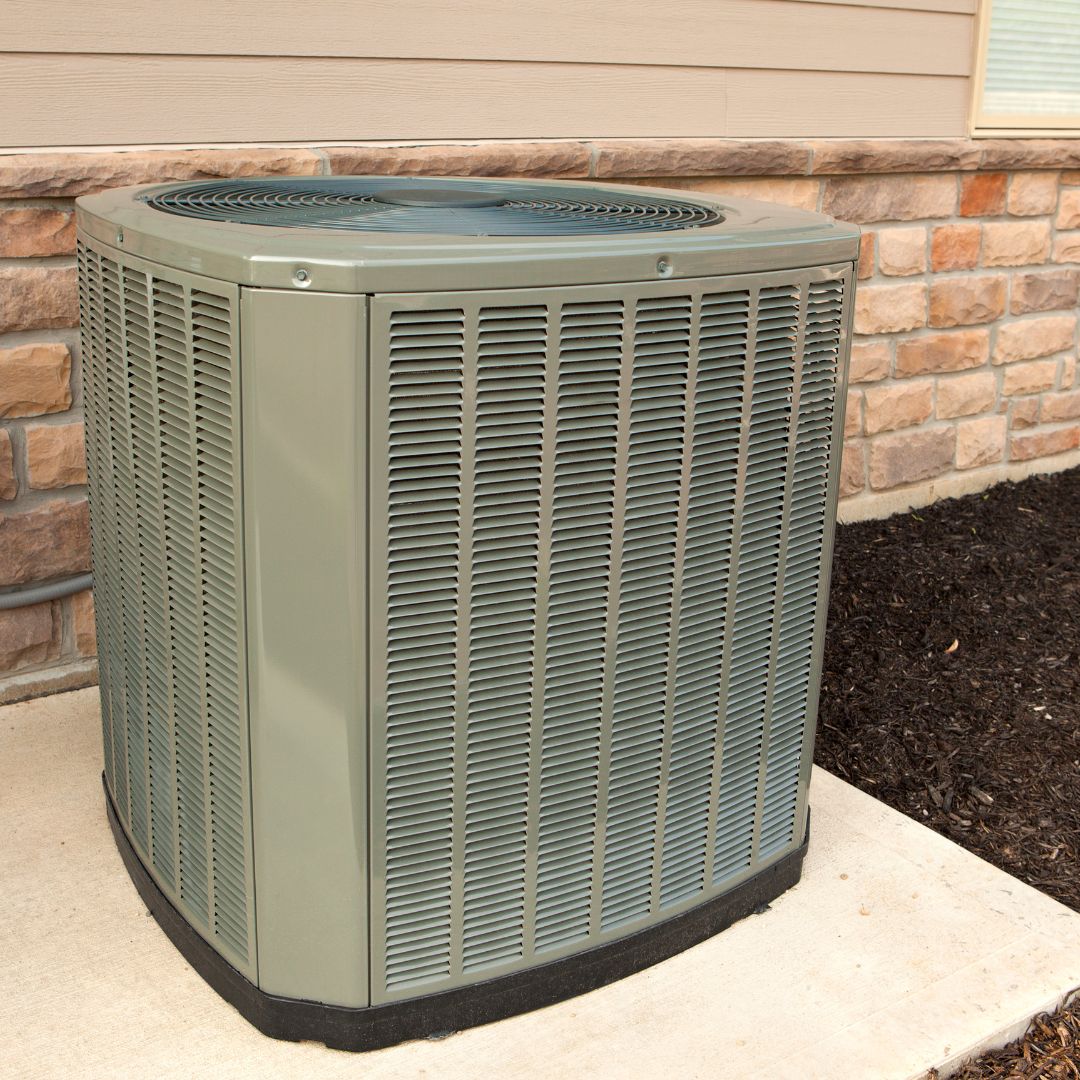
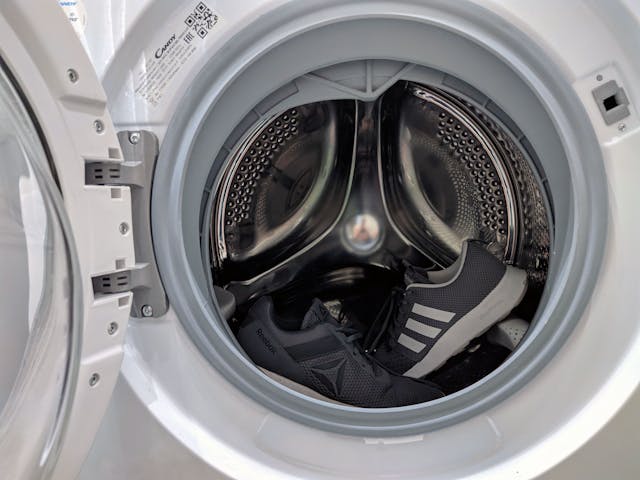
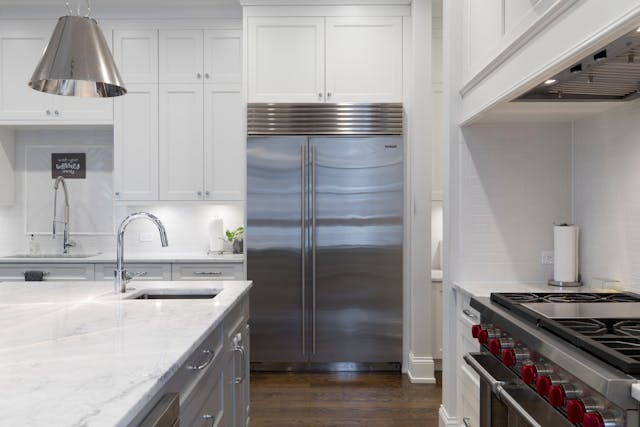



Leave a Reply